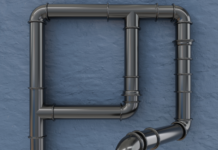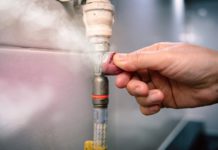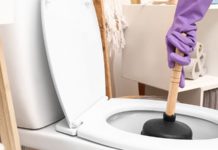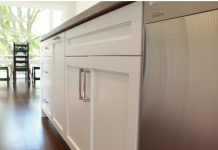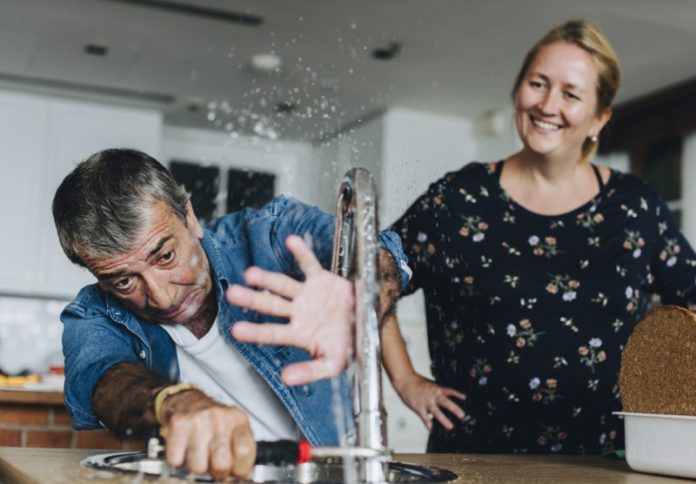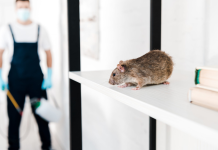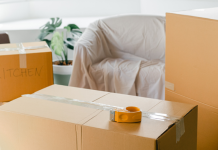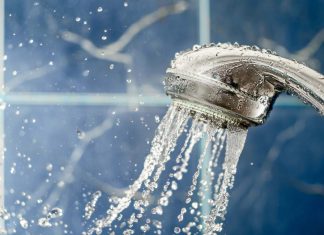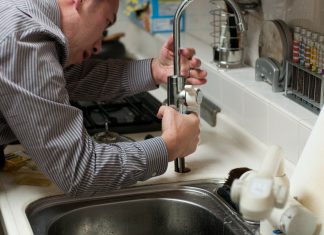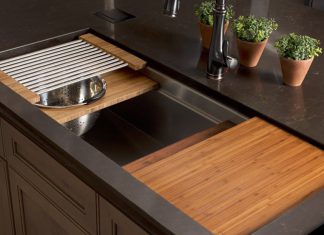Water leakage is a common household problem, and you shouldn’t be complacent when it comes to it. Even the tiniest form of leakage can wreak havoc in your home. It can increase your energy bills, damage the structural integrity of your house, and cause water contamination, which results in health complications. Moreover, the extra moisture in your home can encourage mold and fungi growth.
Usually, the extent of the damage leakage can cause depends on where it happened. Two of the most common places it happens are your roof and plumbing. Because leaks happen in those inconspicuous locations, they can cause substantial damage to your home before you notice anything. However, finding the telltale signs of leaks can help alleviate the damage they can cause before they worsen.
The most obvious signs of water leakage are wall stains, ceiling stains, lower water pressure, and increased energy bills. If you’ve noticed more than one of these signs, you may have a leakage.
Once you identified that you have a water leakage, knowing its cause is the first step for you to fix it. Here are four potential causes of water leakage in your home.
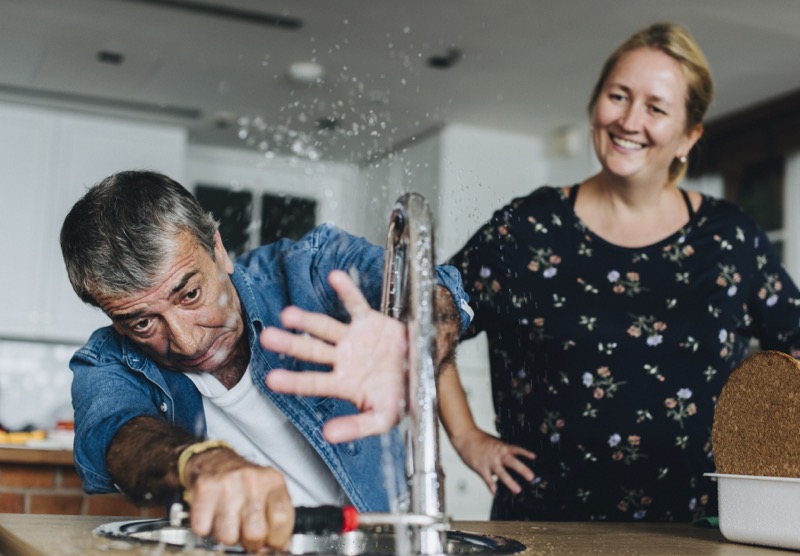
1. Clogged Eavestrough Or Gutters
A clogged eavestrough or gutter may be the reason you have water leakage in your home. It happens because your gutter and eavestrough serve as the path where rainwater should flow away from your home. When leaves, debris, and any material that water can’t wash away block them, water may spill over where it shouldn’t.
Instead of rainwater getting to the downspout, it will run down the walls of your home. Sometimes it can run into your roof, especially if there’s a crack in it. This, in turn, will cause water to lean to your ceiling and walls.
To salvage this situation, you may need to hire the best firm that does eavestrough repair Cambridge has to offer. On the other hand, if you can, you should learn how to maintain your gutter and eavestrough yourself.
2. Corroded Pipes
Corrosion is one of the most common causes of water leakage in many homes. The extent of its damage can’t be overemphasized. And even with proper insulation, pipes corrosion is still inevitable.
As your plumbing system gets older, the probability of your pipes getting corroded increases. When your pipes get corroded on the inside after years of water flow, pinholes will start forming on your pipes. The metal starts to break down, which causes pipes to leak or burst.
It’s very hard to find leaking pipes because most plumbers and homebuilders install plumbing systems out of plain sight. So, you need to schedule regular inspections to preemptively repair or replace your plumbing system. Also, immediately investigate your pipes if you suddenly notice any change in color, taste, or smell in your water.
3. Damaged Pipe Joints
Damaged pipe joints are also a potential cause of water leakages in your home. You can say that joints are the weakest link in a piping system as they are only connected with glue and solder on both ends. And it doesn’t help if the person who joined the pipes and joints doesn’t know the basics of gluing and soldering pipes.
Because of that, a sudden spike in pressure that exceeds the specs of the glue or solder used may loosen the connection between the joint and the pipes it connects. This ultimately leads to leaks.
4. Broken Seals
Broken seals of home appliances that use water, such as washing machines, showers, sewer pumps, drains, and dishwashers, can also cause water leakage in your home. During the installation of your appliances, the technician uses seals around every water connector and outlet to prevent water from penetrating or escaping. As your appliances age, their seals may start to wear and tear.
Signs of worn and torn seals are damp, musty smelly, visible water, peeling paint, condensation, and puddles around your appliances. It’s not advisable to ignore any of these signs even when it doesn’t seem to be causing much damage.
Have the appropriate professional inspect your appliances to repair the damaged sealant. Water leakages that are just starting will eventually escalate into a more significant problem that will cost you in the future.
Conclusion
It’s important to try and resolve any water leakage issue in your home to prevent water damage. Knowing and understanding the possible causes of water leakages will help you to know where to inspect immediately when you see their telltale signs. And in case you already suspect that there’s water leakage in your home, but you can’t find it, don’t hesitate to call a professional to get it fixed.


